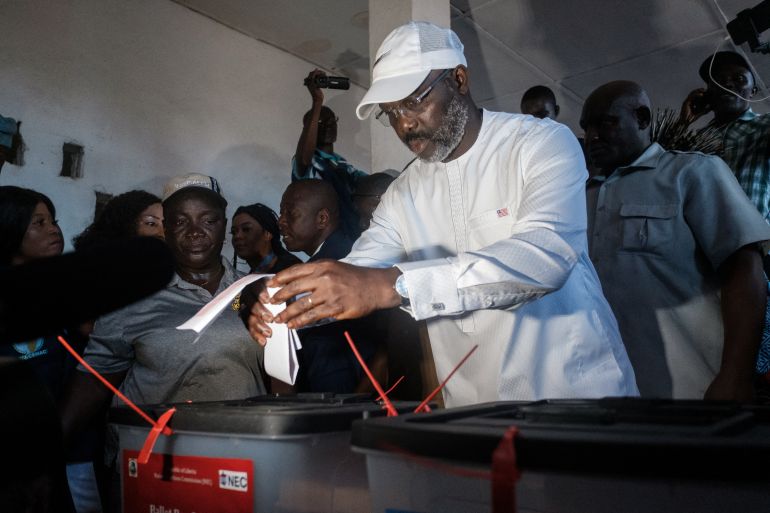The people of the Democratic Republic of Congo will be heading to the polls come 20th December 2023 to elect a president who will lead the country for the next 5 years. Approximately 44 million registered voters from a population of roughly 102 million are expected to participate in this very important exercise to elect a president, members of the national legislature, as well as local councilors. With few days to the election, the African Elections Project provides an overview of all there is to know about the upcoming general elections in Congo.
Who are the Main Candidates?
In all, 24 candidates have been cleared by the Independent National Electoral Commission (CENI) to contest the upcoming election. However, analysts predict that the race will be keenly contested among 4 contestants. They are incumbent President Felix Tshisekedi, former Oil Executive Martin Fayulu, former Katanga Governor Moise Katumbi, and Nobel Prize-Winning Gynaecologist Dr Dennis Mukwege.
How does the Electoral System work?
The Democratic Republic of the Congo uses the first-past-the-post voting system for its presidential elections. This means that the candidate who receives the most votes in the first round is declared the winner and becomes the next president.
The president is mandated by law to serve a five-year term, renewable only once. This year's presidential election will be combined with the election of members for both the national and provincial parliaments, as well as local councilors.
When will the results be declared?
According to the electoral laws, provisional results are expected to be announced on December 31, however, the possibility of an earlier release exists if the results are ready ahead of schedule, although historical precedent shows that the Independent National Electoral Commission (CENI) traditionally prefers to wait until the counting of votes is completed across the country before officially declaring the winner.
How many people are expected to vote?
According to the CENI close to 44 million people are expected to cast their ballot on the election day.
What are the key issues for voters?
Voters face a complex array of issues influencing their choices at the polls. Paramount among these is the urgent need for poverty reduction. Despite the world’s largest producer of cobalt and the third largest producer of copper, poverty is still very prevalent in DRC, with about 60% of the population living on less than $2.15 a day, according to the World Bank.
Corruption is also widespread, although the government established an anticorruption watchdog under President Tshisekedi. In the 2022 Transparency International Corruption Perception Index, DRC ranked 166 out of 180 countries.
Insecurity also remains a key issue in the Congolese election, with over 120 armed groups causing widespread violence and displacing millions for three decades. The withdrawal of UN peacekeeping forces and ineffective regional deployments heighten the risk of conflict and regional tensions.
Who is Likely to Win?
With the opposition divided, analysts expect that incumbent President Tshisekedi is better positioned to win the election. As a single-round contest, the best opportunity to challenge the incumbent president lies in a united opposition, which is considerably absent among the Congolese opposition with several contenders. Tshisekedi's incumbency and access to state resources make him a formidable candidate going into Wednesday’s election.
Follow the African Elections Project on Twitter and Facebook @Africanelection for more updates.











